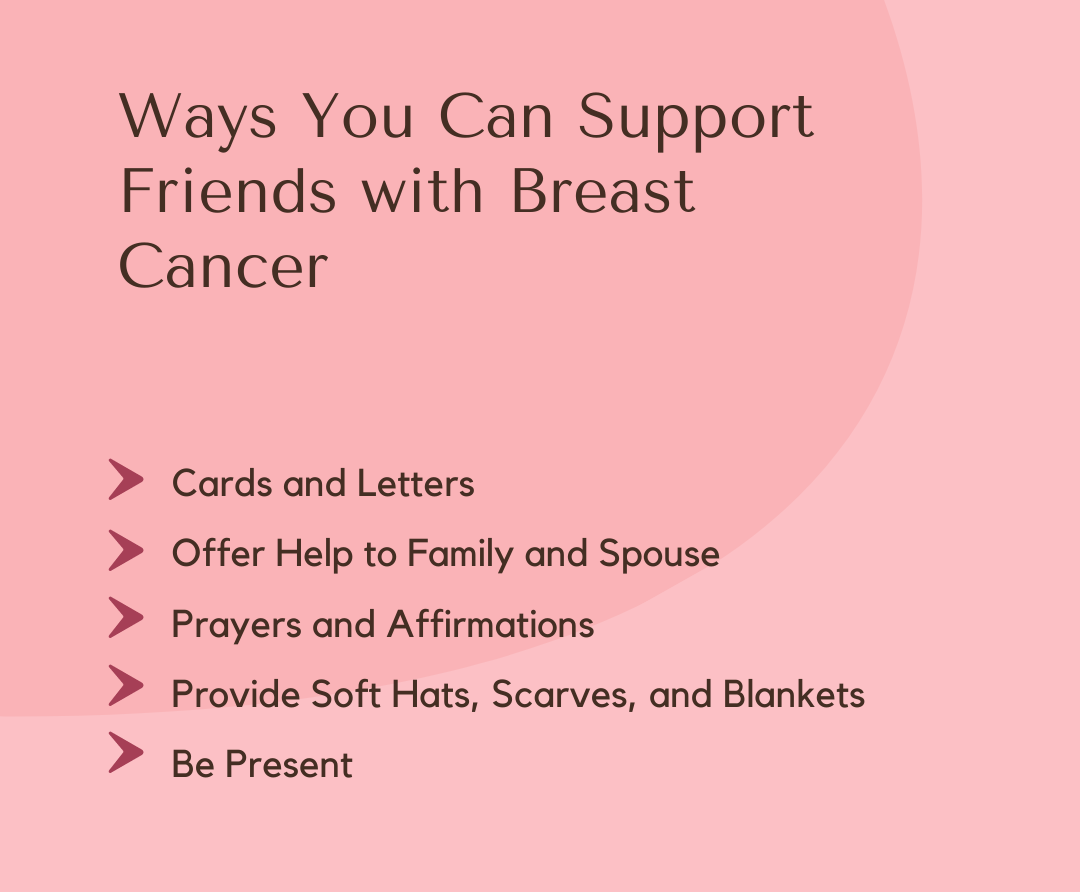Throughout Breast Cancer Awareness Month, GaffneyLewis, LLC is highlighting ways that you can support individuals in your life who may be impacted by a diagnosis of breast cancer. Unfortunately, the statistics show that most of us know someone who has been diagnosed with breast cancer. Individuals who have walked this path have generously offered the following suggestions for ways you can actively support those who are fighting breast cancer.
1. Cards and Letters: It is always nice to receive a note or card from a friend. For cancer patients, letters can offer emotional support and are a way of communication that allows the patient to receive the support without feeling like they need to craft an immediate reply. Fielding calls and in-person visits can sometimes be difficult when you are feeling physically ill, but letters can provide much-needed comfort during those times and can be revisited long after the treatment concludes.
2. Help for Spouse and Family: Cancer does not only affect the patient, there is a ripple effect across the patient’s life. This diagnosis can transform a family member’s occupation into a full-time caretaker. Having emotional and tangible support for a patient’s family is essential for supporting both the cancer patient and their family. An example of this may be ordering dinner for the family. Another way you can support the patient’s family is by offering to update the family’s circle of friends and supporters on news or updates.
3. Prayers and Affirmations: Knowing that you are on someone’s mind or that people are praying for you or sending you good thoughts is a loving way of sending encouragement and comfort.
4. Soft hats, socks, and blankets: Providing tangible physical comfort items to a cancer patient is a great way to provide support and acknowledge a loved one’s physical needs. A soft blanket can make a hospital room feel more like home, provide comfort, and can be used after their treatment ends.
5. Be present: Oftentimes cancer treatment can feel isolating. The patient’s friends and family cannot relate to the specific struggles the patient faces and may feel awkward asking about it or even connecting to share details about their lives. This social disconnection can compound feelings of isolation. Having friends and family who consistently check in and are emotionally present in the struggle can make the experience better. When in doubt about how you can help someone with cancer, just ask.


SOUTH CAROLINA LAWYERS WHO WORK AS HARD AS YOU DO
DEFENDING YOUR BUSINESS IS OUR BUSINESS
